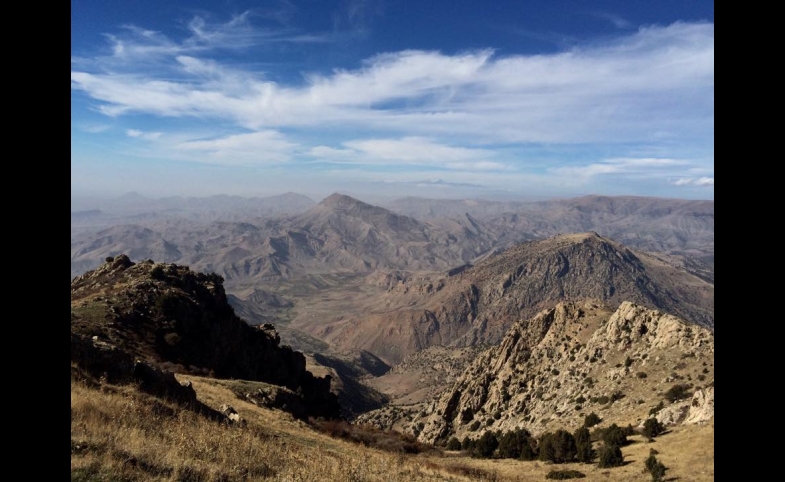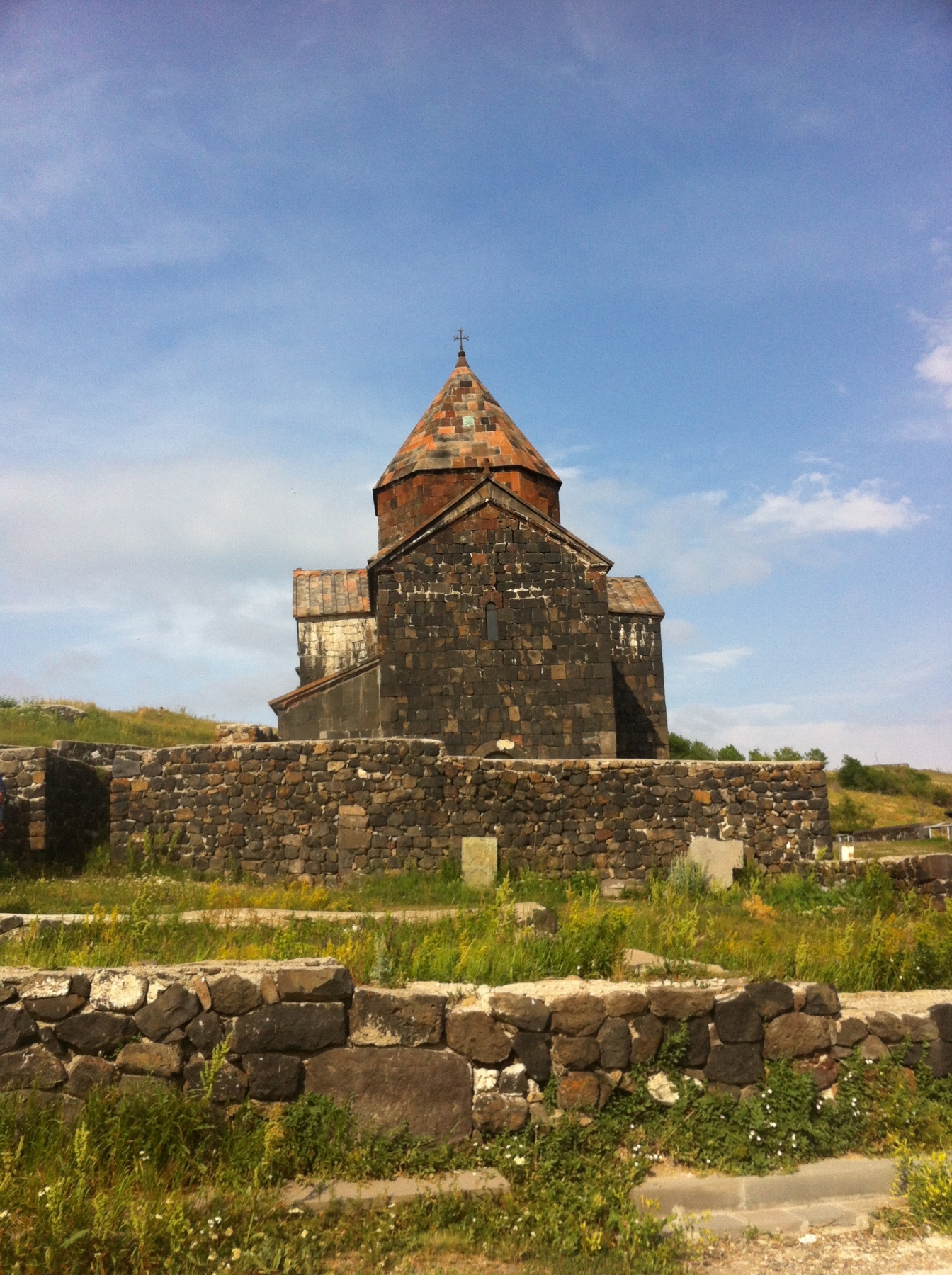The practice of cultural diplomacy in Thailand preceded the use of the term “public diplomacy,” which wasn’t employed until the 2010s when a department in the Ministry of Foreign Affairs (MFA) adopted the name. It is...
KEEP READINGThe CPD Blog is intended to stimulate dialog among scholars and practitioners from around the world in the public diplomacy sphere. The opinions represented here are the authors' own and do not necessarily reflect CPD's views. For blogger guidelines, click here.

Armenia: a Road to the Wild Side
Many countries do not take sufficient advantage of their natural resources to encourage investment, tourism, and image-building. And many governments that try to do so are unable to compete with the high-budget nation branding campaigns of wealthier countries, such as France, Britain, and the U.S.
For the small landlocked country of Armenia, it is critical to reassess the ways it has utilized its natural wealth. Whether it is for promoting commerce, the travel industry, or increasing the country's soft power, Armenia has much untapped potential.
Although the country is currently independent, it retains its unique post-Soviet character as well as its culture of hospitality, attracting a wide range of tourists every year. The majestic monasteries built in the 4th century A.D., a pagan temple that survived the Christianization of the country in 301 B.C., and the imposing splendor of Mt. Ararat lure tourists from Europe and many parts of Asia. Armenians living abroad invest heavily in the country’s wine and agriculture production as well as communications and construction industries.
The conservation and promotion of the country’s wildlife offers a distinct opportunity: the ability to develop and invest in rural Armenia. The correct approach will enhance community development, attract investors, and make the country a hotspot for wildlife travelers around the globe.
One area, however, that has enormous potential but has been left untapped is the country's unique wealth of wildlife. Although Armenia is known for its mountainous terrain and grand landscapes, the diversity of its wildlife has remained in the shadows.
Unbeknownst to many, Armenia is a "Caucasus Biodiversity Hotspot," which means it is one of 35 regions worldwide defined by Conservation International as outstandingly important for protection of the globe's biodiversity. Located in the junction of the Lesser Caucasus biogeographic zones and the Iranian and Mediterranean zones, Armenia has a wide range of altitudinal and climatic variation, resulting in a diversity of ecological systems that are filled with endemic and rare species. Furthermore, although the country encompasses seven percent of the Caucasus area, almost all vegetation types of the south Caucasus exist in Armenia.
The conservation and promotion of the country’s wildlife offers a distinct opportunity: the ability to develop and invest in rural Armenia. The correct approach will enhance community development, attract investors, and make the country a hotspot for wildlife travelers around the globe.

There are a small number of initiatives by non-governmental organizations towards this approach. The government, however, has been mostly passive in these efforts. Moreover, wildlife protection legislation is not enforced and poaching is common in forests and state reserves.
The Armenian government should support existing organizations, emphasize formal environmental education, and enforce legislation. Furthermore, Armenian citizens, who must be involved in communicating this information to the rest of the world, should be made aware of the importance of their country’s natural assets, as this approach works long term only if it has grassroots support and participation from its citizens. Nations spend plenty of resources on nation branding campaigns, with banners and slogans. But campaigns that are not rooted in reality and supported at the grassroots level will have great difficulty succeeding. Armenia has much unused potential in this area and the government’s constructive participation can have a tremendous impact on expanding eco-tourism and community development in rural Armenia.
Visit CPD's Online Library
Explore CPD's vast online database featuring the latest books, articles, speeches and information on international organizations dedicated to public diplomacy.
POPULAR ARTICLES
-
January 29
-
January 20
-
December 17
-
January 28
-
December 15
Join the Conversation
Interested in contributing to the CPD Blog? We welcome your posts. Read our guidelines and find out how you can submit blogs and photo essays >.













